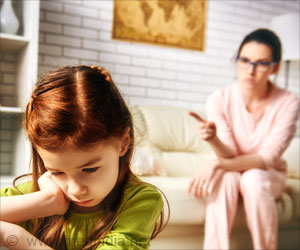
The problem statement is huge but it needs to be defined to take effective steps. As psychiatrists, we often see children being referred for behavioral issues but parents are reluctant due to stigma associated with the word psychiatry. But closing one’s eyes doesn’t make the problem go away. We, as adults, need to anticipate the problem and take preventive measures.
‘Talking to children about their feelings, letting them express their emotions, taking guidance and counselling to manage stress are all measures which can help in avoiding negative outcomes.’
Taking into cognizance that children are vulnerable is the first step. We need a proper routine, a mutually supportive social environment and discipline to engage in daily activities productively. The emphasis has to be on finding a balance with new way of life, apart from Covid-appropriate behaviour to avoid infection, there needs to be a strategy to ensure balance between physical, emotional and social aspects of life.
Interacting regularly with friends and families in small groups, taking time out to play, getting off the screen to enjoy the beauty of nature surrounding us, cooking and eating together, music, dance, arts and crafts are all ways to add creative interest in daily life and de-stress regularly. Those who have lost close family members and parents need professional intervention to deal with the trauma associated with sudden loss.
READ RELATED: 'Professor Lockdown' Neil Ferguson warns Tier Four may be needed until Easter
With foresight and empathy, we can find a way to adapt to the post-Covid world and hopefully make it even better.
Source: IANS
Source:








